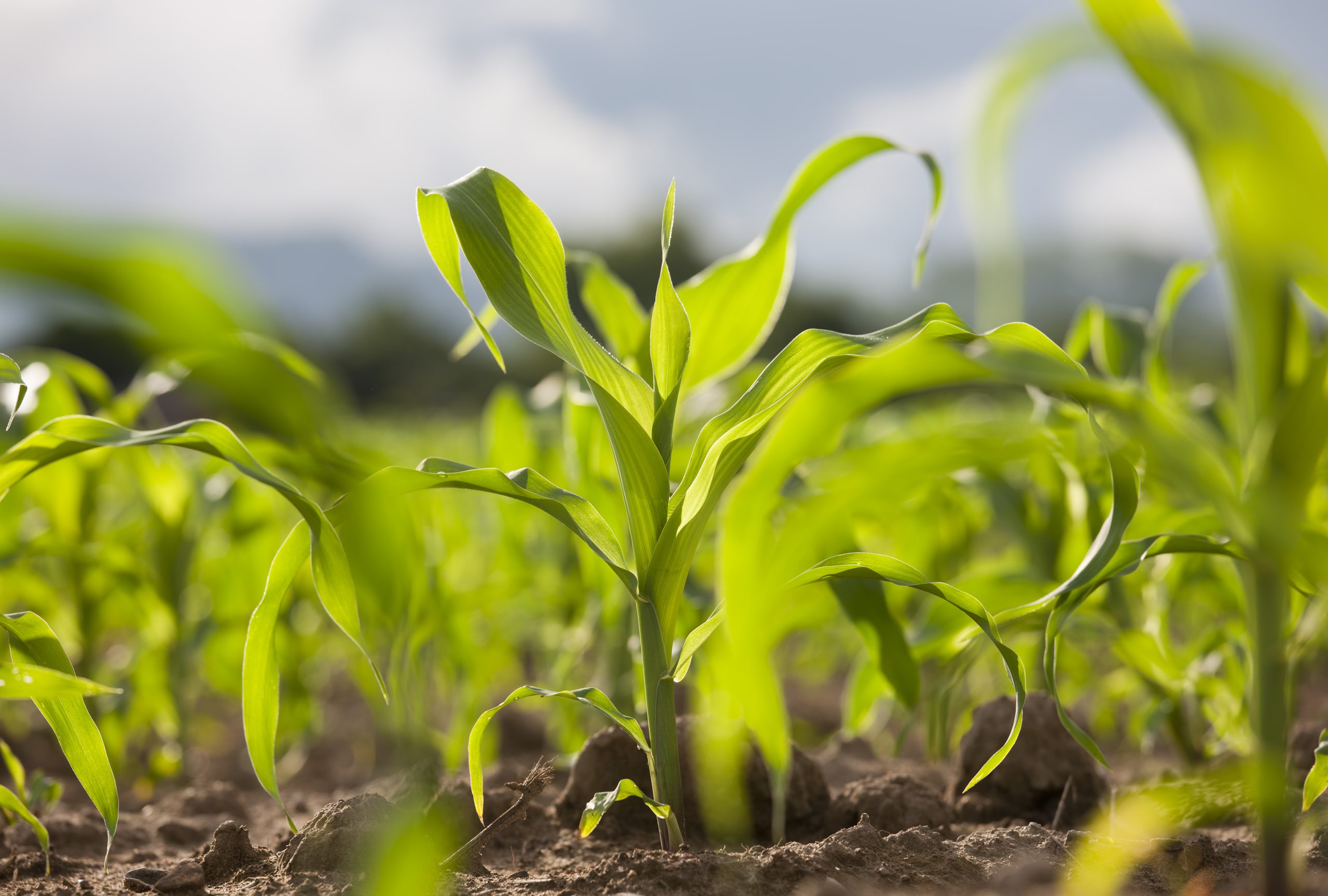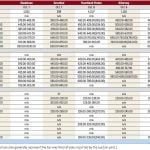Indonesia will loosen rules on beef imports, trade and agriculture ministry officials said on Tuesday, in a policy u-turn aimed at curbing rising food inflation in Southeast Asia’s biggest economy.
Agriculture and trade ministers held a news conference to set out permanent policy, which comes less than two months after a temporary relaxation of a controversial quota system on live cattle imports, anticipating increased demand during the Muslim holy month of Ramadan.
The policy, which all but abandons a 2014 self-sustainability drive, should boost the cattle and beef trade in Australia, the world’s No. 3 beef exporter.
Read Also

U.S. grains: Soybeans tumble on doubts over U.S.-China trade progress
Chicago Board of Trade soybean futures plummeted on Friday as trade restrictions announced by China and escalating rhetoric from U.S. President Donald Trump cooled hopes of a resolution to a standoff between Washington and Beijing.
A retail price reference of 76,000 Indonesian rupiah (US$6.93) per kilogram will now determine whether imports will be allowed or stopped to aid domestic beef suppliers, Trade Minister Gita Wirjawan told reporters.
Horticultural products would also have no import restrictions, Wirjawan added, although chilli and onions would be subject to a reference price like beef.
Last month, Indonesia’s government unveiled a fiscal package to promote foreign investment, reduce imports and quotas and prop up its tumbling rupiah currency.
The government previously agreed to allow unlimited imports of soybeans, after prices recently spiked in top supplier the U.S.
To protect domestic farmers, the government imposes curbs on imports and trading of food staples, which has been criticized by consumers and international trading partners.
Shortages of beef caused a corruption scandal this year, while garlic and onion prices have also spiked and come under the scrutiny of the local competition and monopolies commission.
— Reporting for Reuters by Yayat Supriatna; writing by Michael Taylor.














